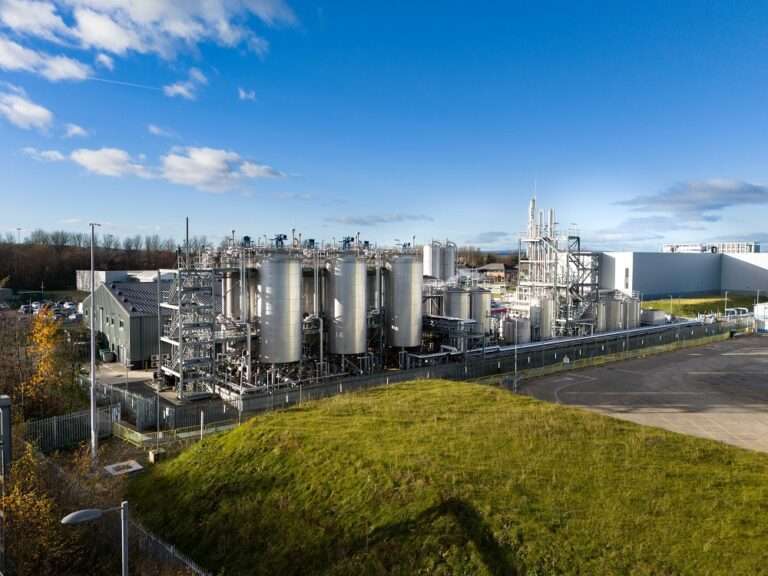
Scottish technology-led producer of green chemicals Celtic Renewables has launched its latest crowdfunding campaign with Crowdcube aiming to raise a minimum of £2.75 million (€3.2 million) to boost operational capacity and scale revenue growth.
Celtic Renewables is the first in the world to produce and supply green chemicals to lower the carbon footprint of thousands of products like cosmetics, paints and household cleaners, and has recently sent its first production of bioacetone and biobutanol to distribution partner, Caldic.
Funds raised from the Crowdcube campaign will be used to increase the global distribution of green chemicals, broadening the reach of products across multiple sectors where replacement of incumbent fossil fuel derived chemicals is most needed.
Celtic Renewables has plans to build a further four biorefineries in the next four to five years with a combined product output of around 32,000 tonnes per year.
Celtic Renewables makes its green chemicals at its flagship biorefinery in Grangemouth, Scotland. Their patented technology converts low-value by-products, residues and waste from a range of industries, such as food and drinks production, into high-value green chemicals.
Mark Simmers, CEO of Celtic Renewables, said: “The ultimate goal of this crowdfunding campaign is to allow us to scale what we are doing which will allow us to supply green chemicals to a long list of potential customers who are ready and waiting.”
The production of acetone, butanol and ethanol contributes significantly to CO2 emissions in the chemical sector, accounting for 18% of total industrial emissions globally. Celtic Renewables’ production of bioacetone, biobutanol and bioethanol generates up to 70% less carbon emissions compared to petrochemical alternatives.
Bettina Brierley, Product Group Leader Caldic UK, added: “We have been waiting for a solution like Celtic Renewables for a long time. We don’t need to change consumer habits, but instead we can improve the products we make by ensuring they are not derived from fossil fuels.
“This is the first real innovation that I have seen in the chemical space that is truly green, not just greenwashed. The beauty of the product is that the chemicals are made from residue materials, not food competing crops. Our customers which include manufacturers of personal care and homecare products, are very excited by this.”


![Aptera April update: ‘Artemis’ feature-complete pushes forward, first solar deliveries, and a new partnership [Video]](https://crowdfundinginsights.com/wp-content/uploads/2025/05/aptera-april-update-artemis-feature-complete-pushes-forward-first-solar-deliveries-and-a-new-partnership-video-12.jpg)
